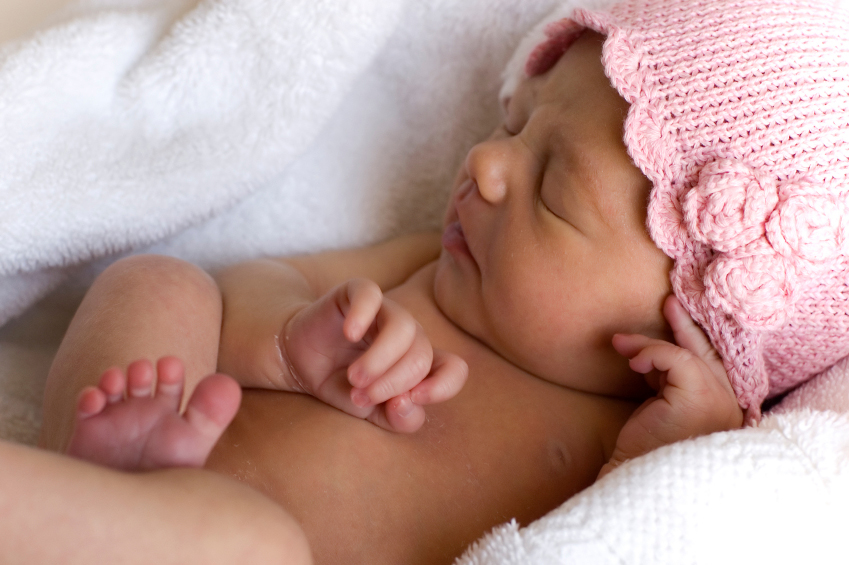Much to the regret of the United Nations Population Fund (UNFPA), in Armenia, “the number of couples preferring to have a son” and “a smaller family” is very high. Hence, “gender-related selective abortions are particularly common from the second child onwards”. Every year, 1,400 pregnancies are terminated for these reasons “under pressure from the family”. Armenia has the third highest number of foetus-selective abortions in the world, behind China and Azerbaijan.
In 2012, the average ratio of boys to girls born in this country was 114 to 100 “whereas the natural ratio is about 102 to 106 boys per 100 girls”. The following figures are worrying UNFPA: “In ten or twenty years, we will be faced with a shortage of women which, together with a dramatic decline in fertility rates” will lead to a serious demographic crisis. Between now and 2060, 100,000 potential mothers will not be born in Armenia. We will become a society of single men”, predicts Garik Haïrapetian, the Armenian representative at UNFPA.
The United Nations is blaming this on the “widespread access of ultrasound scans” and “free abortions in public hospitals”. To reverse the trend, Armenian MPs have adopted this bill, which “requires doctors to ask women requesting an abortion to explain their decision. Doctors must refuse if this choice is gender-related”. Furthermore, this bill bans abortion after the 12th week of pregnancy. There are some exceptions to this rule, namely if the mother’s health is at risk, in the case of rape or single mothers. These measures have been criticised by Armenian NGOs whilst recognising the merits of an open debate on this issue.
AFP, Mariam Haroutiounian (10/01/2017)

